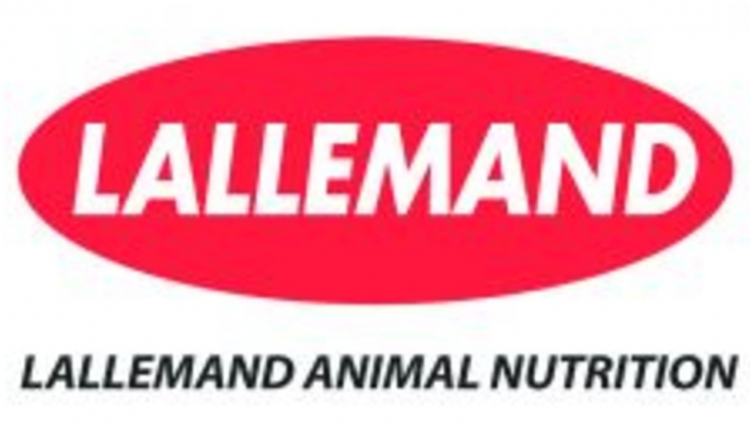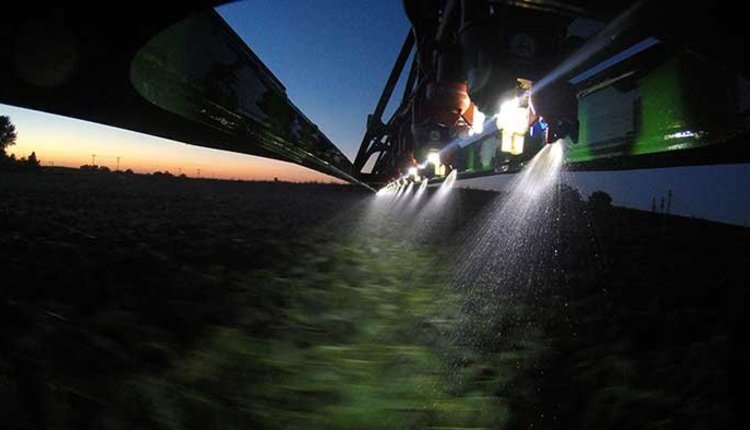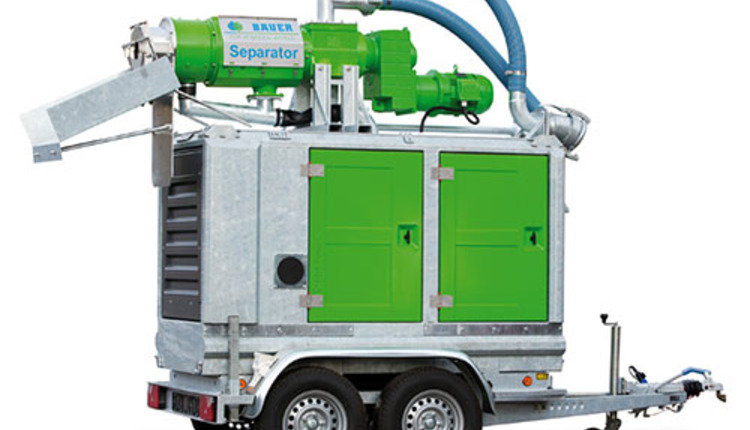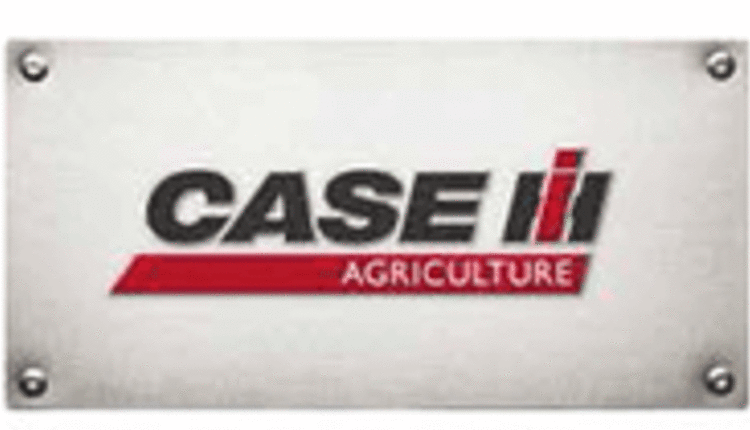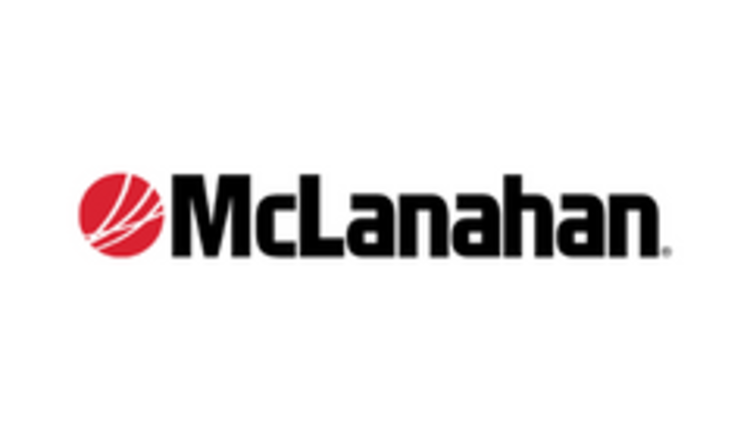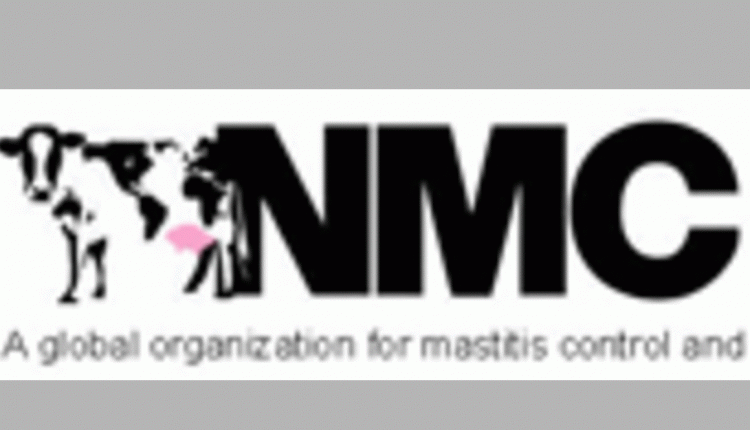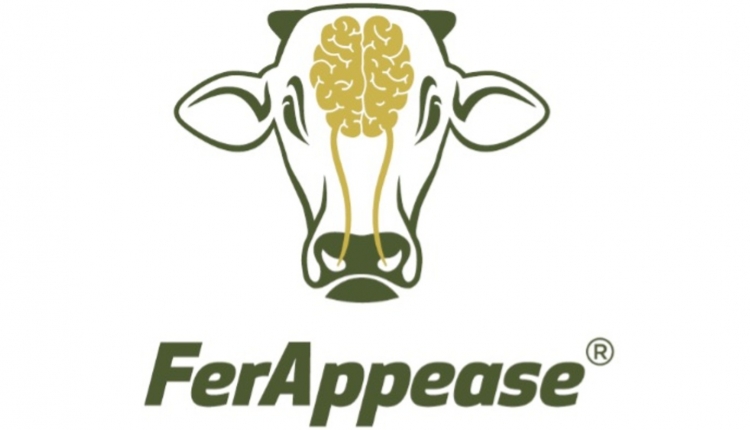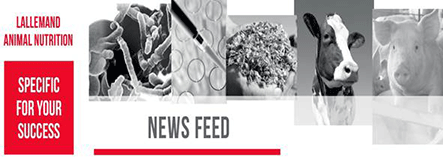
Don't Let Summer Heat Bring Down Performance
The effects of heat stress are estimated to cost the U.S. dairy industry more than $897 million dollars in lost performance - even when heat abatement systems are used.1 Adjusting nutrition, feeding practices and cooling strategies can help reduce these losses while maintaining rumen function and performance.
"When cattle are stressed because of high temperatures and humidity, producers can see reductions in dry matter intake, milk production and reproduction," says Anthony Hall, MSc MSB, PAS, Technical Services, Ruminant, with Lallemand Animal Nutrition. "While we can't control the weather, producers can change how they help their herds manage this challenging time."
Dairy cattle can be considered "heat stressed" when the temperature-humidity indices (THI) is 72 or above, which corresponds to 72 F at 100 percent humidity or 82 F at 20 percent humidity. However, research has shown that high-producing and early-lactation cows have lower thresholds, Hall notes.2,3
Once heat stress occurs, cattle begin to divert energy from body maintenance, growth and/or milk production. Then, producers can see:
- Increased respiration rate
- Decreased in milk production
- Lowered feed intake
- Reduced reproduction
- Increased risk of lameness
- Higher rates of culling2
"Some of these effects point to impaired rumen function, which we know can occur during all sorts of challenging environments - including, but not limited to, high temperatures and humidity," Hall says. "Heat stress is so important to herd health and productivity that producers should address it from every angle. Optimizing rumen function can help a cow combat heat stress from the inside out."
In fact, impaired rumen function can add to another common health challenge: Sub Acute Ruminal Acidosis (SARA), which occurs when the rumen environment spends three hours or more below a pH of 5.8 during a 24-hour period.4 Adding an active dry yeast (ADY) probiotic - like Saccharomyces cerevisiae CNCM I-1077 - can improve rumen function and increase fiber digestion for all life stages of both beef and dairy cattle.
The ability of S. cerevisiae CNCM I-1077 to help cattle offset heat stress was proven in a study conducted in Florida, Hall notes.
Results showed that cows fed S. cerevisiae CNCM I-1077 tended to have improved rumen pH compared to control cows. In addition, supplemented cows had higher milk protein yields and significantly improved feed efficiency by 7.2 percent when compared to cows that were not supplemented.5
"When heat stress occurs, normal rumen function is disrupted. This worsens the already significant effects of heat stress in dairy cattle," Hall says. "Continued research into the positive effects of active dry yeasts offers support for including probiotics as part of a heat abatement strategy."
Sources:
1 St-Pierre NR, Cobanov B and Schnitkey G. Economic losses from heat stress by U.S. livestock industries. J. Dairy Sci. 2003;86(E. Suppl.):E52-77.
2 De Vries A. Economics of Heat Stress: Implications for Management. The University of Florida Extension. June 17, 2014. Accessed Feb. 21, 2016. Available at: http://articles.extension.org/pages/63287/economics-of-heat-stress:-implications-for-management#top.
3 Chase LE. Climate change impacts on dairy cattle. Climate Change and Agriculture: Promoting Practical and Profitable Responses.
4 Dohme F, De Vries TJ and Beauchemin KA. Repeated ruminal acidosis challenges in lactating cows at high and low risk for developing acidosis: Ruminal pH. Journal of Dairy Science. 2008;(91)9:3554-3567.
5 Marsola RS, et. al., Effect of feeding live yeast on performance of Holstein dairy cows during summer. J. Dairy Sci. 2010; (88)E-Suppl.2:432.
Lallemand Animal Nutrition is committed to optimizing animal performance and well-being with specific natural microbial product and service solutions. Using sound science, proven results and knowledge, Lallemand Animal Nutrition develops, manufactures and markets high value yeast and bacteria products ? including probiotics, silage inoculants and yeast derivatives. Lallemand offers a higher level of expertise, leadership and industry commitment with long-term and profitable solutions to move our partners Forward. Lallemand Animal Nutrition is Specific for your success. For more information, please visit www.lallemandanimalnutrition.com.
3.9.2016

